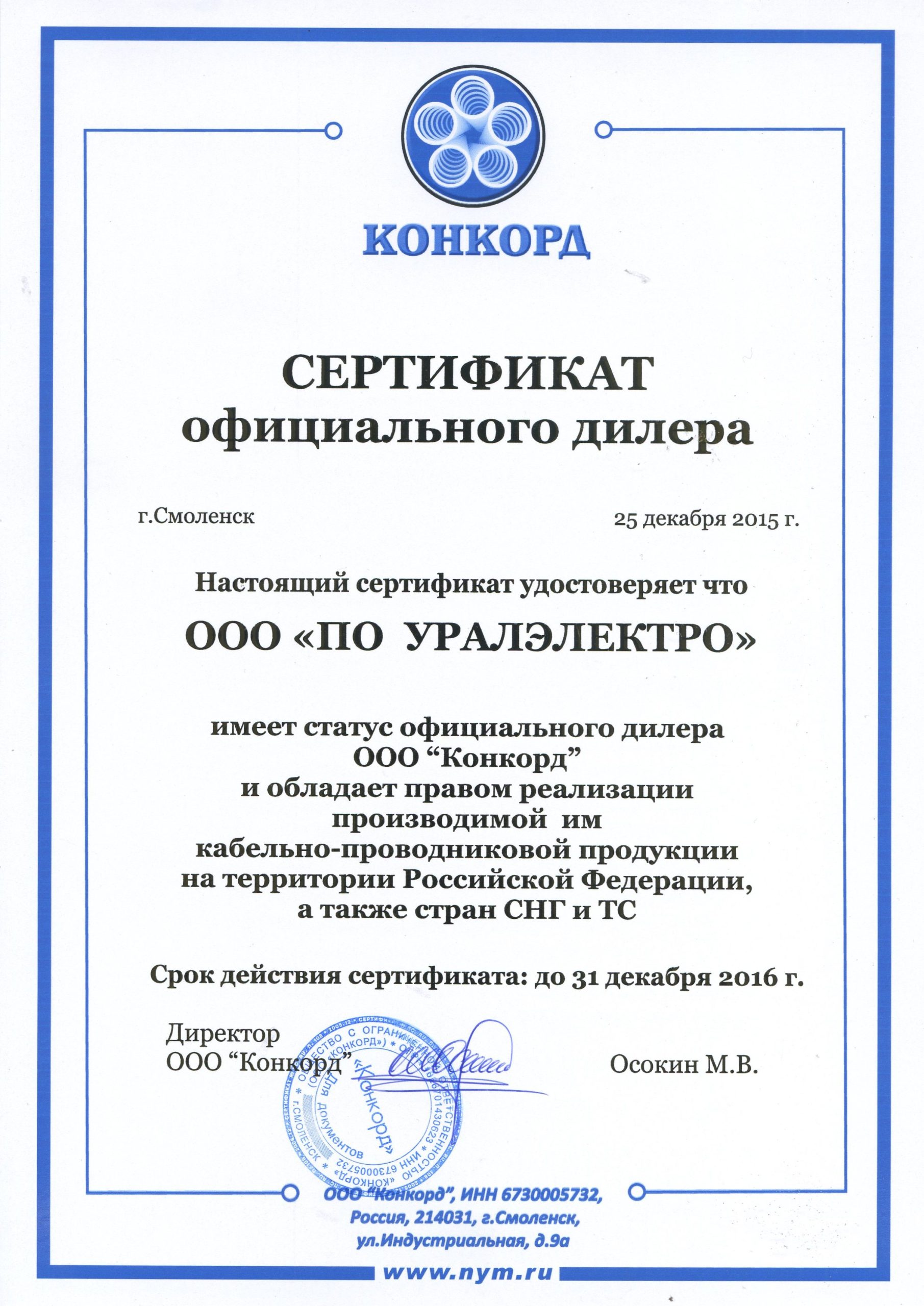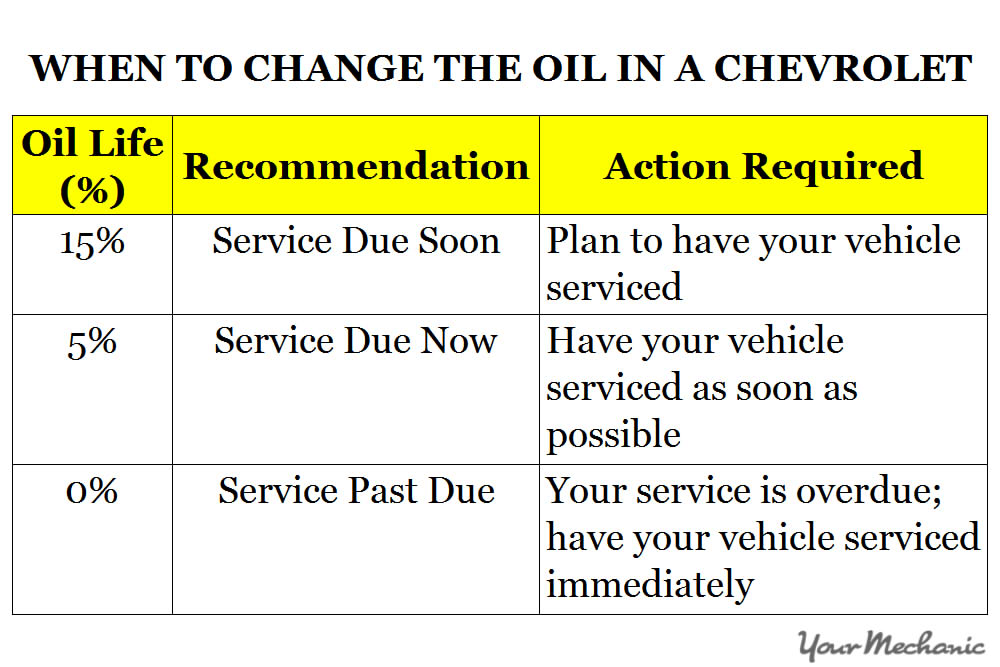
5 Signs Your Car Needs Immediate Attention
It is not customary to think about it, but you should be prepared for problems with the vehicle. Vehicles are designed and built by people and are as perfect or imperfect as the people who build them. This means that sooner or later you...
It is not customary to think about it, but you should be prepared for problems with the vehicle. Vehicles are designed and built by people and are as perfect or imperfect as the people who build them. And this means that sooner or later you will have to repair your car.
Some vehicle problems are less urgent. These are such trifles as a burnt out light, a broken door lock or an annoying rumble in the car. Other problems are more pressing and their symptoms are worrisome. When they happen, you know your car needs immediate attention.
- Exhaust smoke “It may not seem like a big deal, but tailpipe smoke points to a much bigger problem ahead. White smoke usually indicates that engine coolant or antifreeze is entering the combustion chamber and being burned. Black smoke indicates inefficient combustion of excessive amounts of fuel. Smoke with a bluish tint warns you that the engine oil is burning. None of them are good.
- White smoke - If you're getting white smoke from your exhaust, your cooling system needs attention. This could be an antifreeze leak into the combustion chamber due to a cylinder head gasket or a crack in the cylinder block.
- Black smoke — Black smoke from the exhaust pipe is also not a problem. Even if the repair is small, the symptom can cause serious problems. If the engine is overloaded with fuel—whether it's a bad injector, a timing problem, or an issue with the engine management system—it can cause serious damage to the catalytic converter, oxygen sensors, or other emissions-related components.
- Blue smoke - If blue smoke comes out of the exhaust pipe, you have oil burning in the cylinder. This could be due to something as minor as a clogged PCV valve, or due to internal engine wear. This is not to be taken lightly and if not dealt with promptly, it can lead to further performance problems and even engine failure.
- White smoke - If you're getting white smoke from your exhaust, your cooling system needs attention. This could be an antifreeze leak into the combustion chamber due to a cylinder head gasket or a crack in the cylinder block.
No matter what color your exhaust smoke is, take care of it as soon as possible to avoid an even higher repair bill soon.
- Rough engine work - When some symptoms appear, often you prefer to ignore them, ignoring that there may be a problem. Rough running is one of the common problems that gets ignored. As much as you'd like it to disappear on its own, rough operating conditions most likely won't. In fact, the opposite is usually the case.
Rough running, also known as engine misfiring, almost always gets much worse and quickly. This can be caused by a cracked spark plug, bad fuel, or a variety of other reasons. The most important reason to solve a problem in a short amount of time is that it can leave you stranded. If the misfire develops quickly, your car could potentially stall and not restart, leaving you stranded. Have a qualified technician inspect your vehicle as soon as this happens.
- Steering is hard to control “The three things you rely on when you drive are your ability to accelerate, steer and stop. Steering is just as important, if not more than your acceleration. If you can't drive your vehicle, it doesn't really matter how fast you can go.
If your steering wheel is shaking, hard to turn, feels too loose, or wobbles or knocks when turning, it needs immediate attention. The steering system uses a combination of mechanical, hydraulic and electrical technologies and it is essential that all systems work as intended. Even one small glitch can compromise your security.
- Brakes don't feel good Have you ever driven a car without a brake booster? It's hard to imagine a time when cars weren't equipped with brake booster, but that was the case before. Luckily, as technology advances, built-in braking systems help, just like a brake booster. They work with hydraulic power or vacuum from the engine and make working on the brakes much safer and easier.
A number of problems can occur with the brakes, including fluid leaks, component seizing, or brake pulsing. The most important thing to remember is that if your brakes don't seem to be working properly, you need to have them checked. As one of the most important safety systems in your car, the brakes should never be left to chance.
- Fault indicator is on - Most people mistakenly believe that this means the Check Engine light. While the engine indicator is on, the fault indicator also includes the anti-lock brake system indicator, parking brake indicator, traction control warning, engine temperature indicator, engine oil pressure indicator, and any other warning indicator that lights up on the gauge. cluster.
All of these systems have a purpose. The Check Engine light or other malfunction indicator tells you that something is wrong and this warning needs to be heeded. Ignoring signal lights can and often does lead to problems down the road, and usually not too far into the future. When the malfunction indicator light comes on, contact a professional mechanic for diagnosis and repair as soon as possible.

